January 2, 2020
December 5, 2019
You can forget about the 12 days of Christmas; the festive season and Christmas celebrations in Spain start even earlier! Even though many claim the Immaculate Conception day on December 8th kicks off Advent, the Christmas lights are officially switched on in the first weekend in December in even the smallest Spanish towns, and aren’t taken down until the Epiphany on January 6th.
It’s the most wonderful time of the year! No need to be sad about gloomy weather when there are chestnuts roasting on an open fire and the centre of town is festive and strung with lights. If you're wondering what locals do for Christmas celebrations in Spain, check out our list of festive traditions below. 
Christmas Celebrations in Spain
Belenes
While Anglos have Santa’s village, the Spaniards have belenes, or miniature versions of that Little Town O’ Bethlehem or as some know it, Nativity Scenes. But there’s more than the inn and the stable – church parishes, shops and even schools set up elaborate recreations of what Bethlehem looked like. It’s common to see livestock, markets and even running water or mechanical figurines! If you want to set up one of your own, most large cities have specialty shops. Begin with the Holy Family and work your way up to even the caganer, who gets a special mention below.
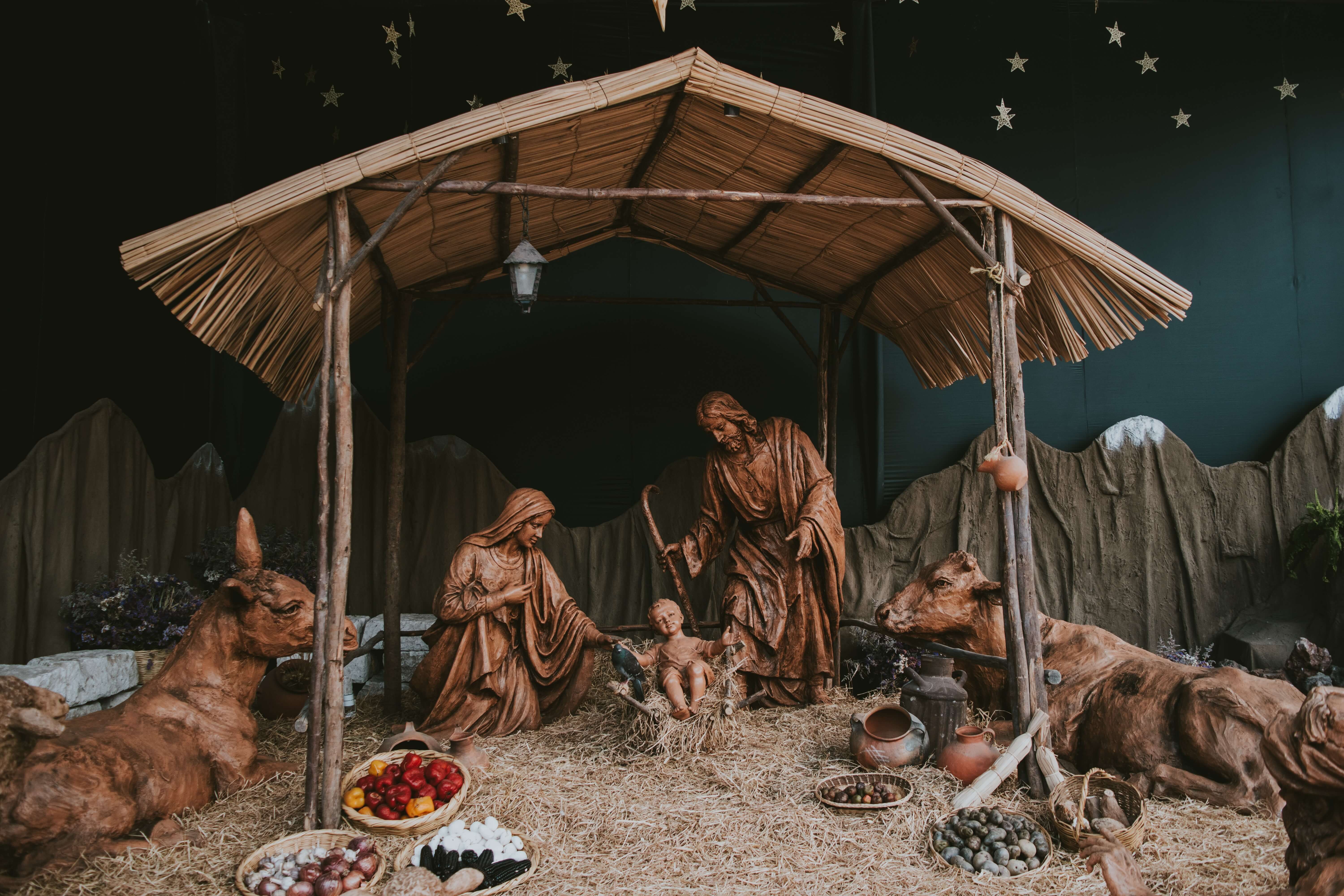
Christmas Lights
Even though the days get shorter, the sheer amount of Christmas lights that brighten up the city’s plazas and main shopping streets seem to simulate sunny winter days. Most neighbourhoods will have their own displays up in the evenings along the main thoroughfares and the lights stay up until the Epiphany on January 6th.
Christmas Dinners
It’s also quite common for companies to invite their employees to an enormous Christmas dinner, followed by drinks and even dancing. But it's not just the norm among employers - groups of friends, church groups and social clubs will also take advantage of a fixed price menu for a sit down meal. What a perfect way to partake in Christmas celebrations in Spain!
Cestas de Navidad
If you work for a large company, you can also expect to receive a Christmas basket of goodies. Two things that you'll always find in one - which can be as cheap as 20€ or reach more than 200€ in value - are bottles of alcohol and pork products, although it's typical to also have sweet treats like turrón or chocolate included. Consider yourself lucky: these gifts went out of style during the financial crisis.
Misa del Gallo
As strange as it sounds, Christmas Day is not as big of a holiday as Christmas Eve or even New Year’s Eve, when locals stay at home with their closest family members and enjoy the Christmas celebrations in Spain. After a large supper of seafood, roast lamb and plenty of champagne, many families attend midnight mass, called Misa del Gallo. The reason is for the anticipation of the birth of Christ. Children don't wait for Santa Claus either; gifts are not typically exchanged on Christmas day. It’s more typical to give your loved ones gifts for Reyes [Three Kings] on 6th January.
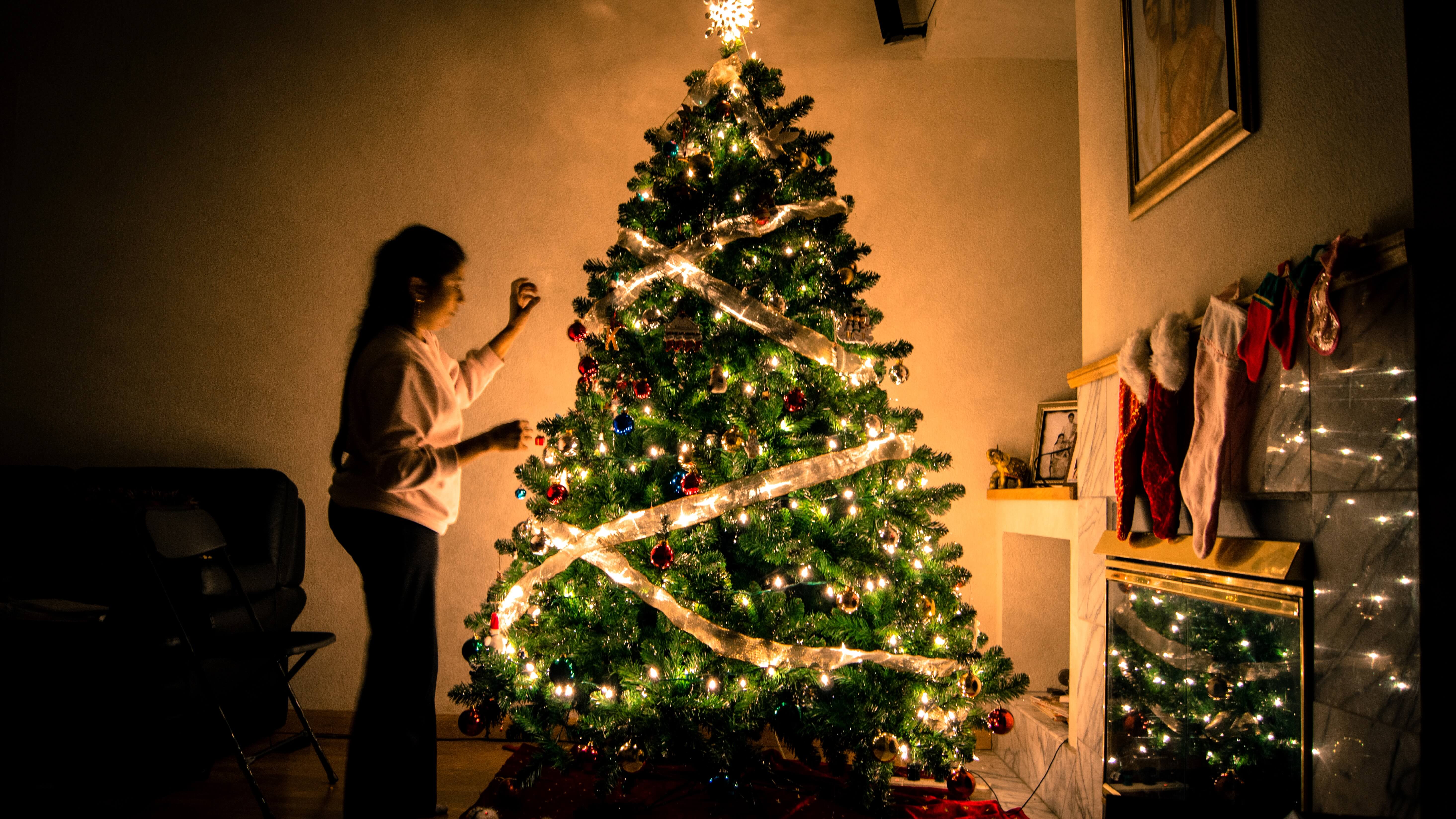
El Tió de Nadal and el Caganer
Though not common throughout the length and breadth Spain, the Tió de Nadal and the caganer are beloved Catalán traditions. The former is a log propped up on two legs on which presents are stored. Children are asked to care for the log so that he may 'poop' out gifts at Christmas (hence the popular name, cagatió). The caganer also has to do with poop - he's the figurine in the corner of your belén “relieving” himself. Caganers are often crafted in the likeness of popular sports stars or politicians - and they make hilarious, if not puzzling, gifts for friends!
El Gordo
Spaniards play the national lottery with vigor, especially at Christmas. For €20, you can buy a ticket, called a décimo, and wait for a big prize to drop on December 22nd. Half of the fun is listening to the children at Colegio San Ildefonso in Madrid sing out the prizes and the ticket numbers, which they draw from enormous bingo wheels. This draw is called La Lotería de Navidad officially, though most would stick to its colloquial name, El Gordo.
Villancicos
Spanish Christmas carols, called villancicos, are far from my favourite, and their lyrics are laughable. But it's impossible to escape company Christmas dinners and shopping without hearing 'Campanas de Belén' or my personal preference, 'Los Peces en el Río.'
The Cabalgata
Christmas goes out with a bang on the Epiphany with the Cabalgata de los Reyes Magos. On the evening of January 5th, the Three Kings come roaring into town with camels, floats and pages. Candy and small gifts rain down on the streets, and children leave out water for the camels and sweets and brandy for the Three Kings. The following day, gifts are exchanged and a sweet cake called Roscón de Reyes devoured as a late afternoon snack.
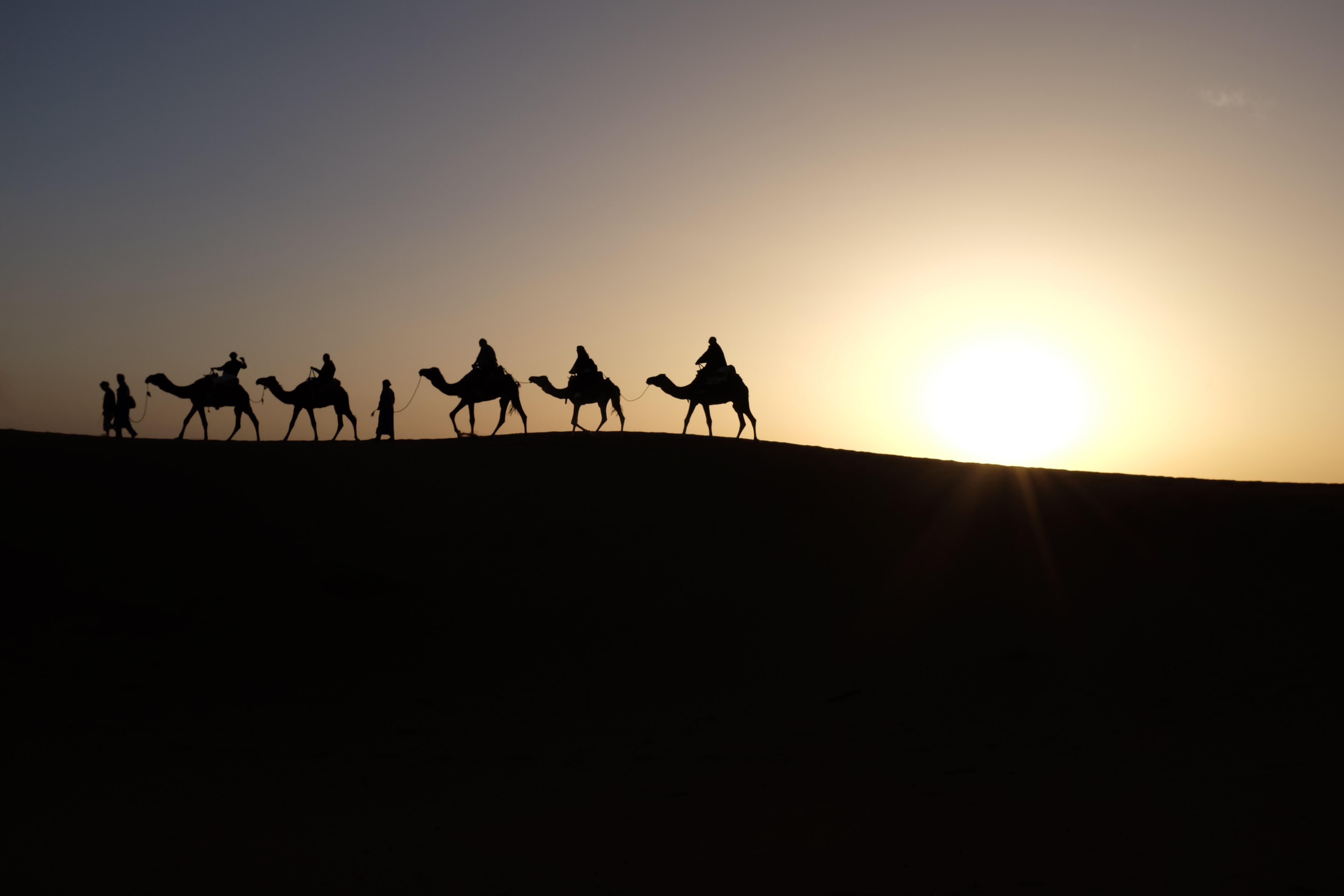
There’s always a huge influx of crowds around town, which makes it difficult to move around and run simple errands. Despite this, Christmas in Spain is a wondrous, heartfelt time of the year when charity and family are celebrated. Start getting into the holiday spirit and take part in some of these Christmas celebrations in Spain!
.png?width=344&height=67&name=logo_caser%20(2).png)


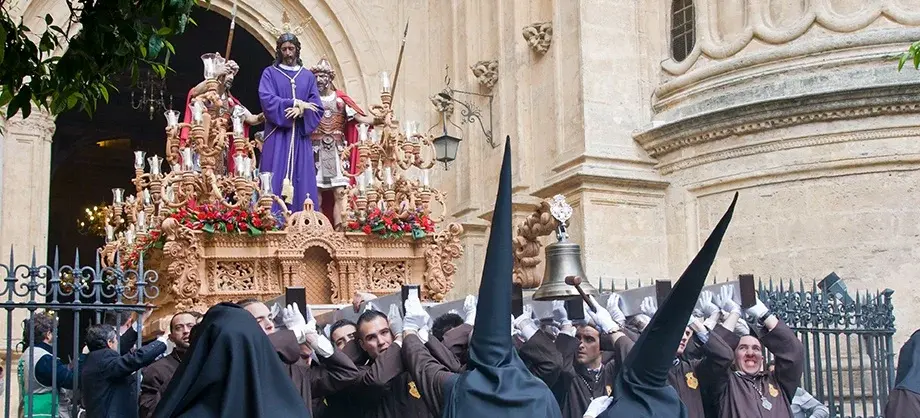
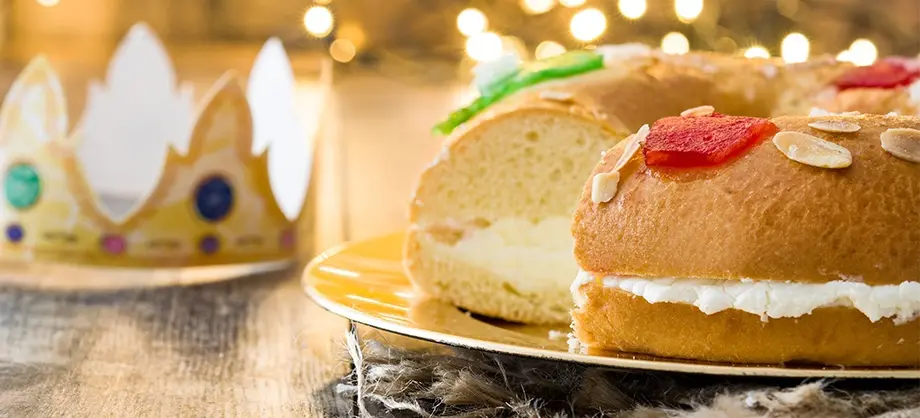

Let Us Know What You Thought about this Post.
Put your Comment Below.